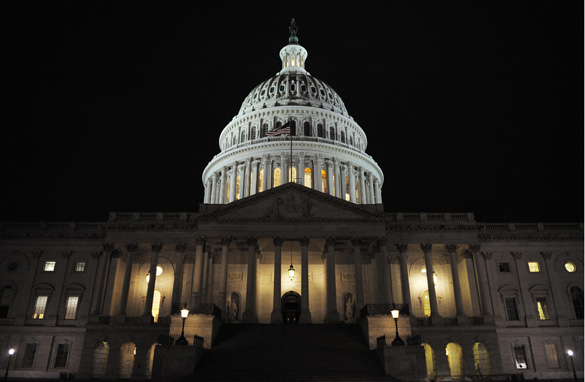in late 2012, the Cypriot government was in trouble. Facing an over leveraged banking system exposed to (perhaps ironically) the stumbling Greek economy and an overheated real estate market, the subsequent downgrade to "junk" status of the country's debt meant that Cyprus was suddenly unable to turn to global equity markets in order to finance the stimulus and rescue packages needed to save its faltering economy. Facing a looming default, in March of 2013 the Cypriot government agreed to a rescue package with the "troika" (the IMF, ECB, as well as the European Commission and Eurogroup representing the EU) consisting of a 10 billion euro bailout as well as strict reforms meant to forcibly instill confidence in the Cypriot banking system as well as the creditworthiness of the government. The portion of reforms aimed at preventing a large scale exodus of money from Cyprus's banks are known as "capital controls", and were implemented in the hopes of buying more time for efforts to recapitalize the country's banking system and prevent panicked runs on the banks, which would most likely have resulted in a collapse of the system. Initially quite strict (withdrawals from personal accounts were limited to 300 euros per day, and transfers to foreign banks were severely limited as well), the restrictions on the Cypriot euro were gradually lifted as the banks were further stabilized and confidence was slowly restored.
The measures were never popular, with leftist parties opposed to the package floating alternatives ranging from a reduction in the size of the military, a corporate income tax increase, and even outright nationalization of the banking sector. A common theme among many opponents was resistance to what many believed amounted to EU-imposed austerity, championed by technocrats in Brussels who were only interested in preserving their economic and political union and cared little for the average Cypriot. A blog attached to The Economist even went so far as to call the package "unfair" and "self defeating", arguing that the high political cost of such austerity preconditions for bailouts made them impractical if the EU hoped to maintain the goodwill of its constituent states. Others worried that the implementation of such harsh measures would push Cyprus into the arms of Russia, from whom it had already received substantial financial aid. Ultimately, it was not an easy road to recovery in Cyprus; the country's significant community of wealthy Russians who had stashed their wealth there had to be placated, and the first parliamentary vote on an assistance package failed amidst widespread protests. And yet last month, two years removed from the bailout, a Bank of Cyprus official referred to the capital controls as "irrelevant", suggesting that the country's top economists were now confident enough in the state of the recovery that they were considering doing away with the last of the monetary restrictions first put in place two years ago, a milestone they quietly fulfilled earlier this week.


